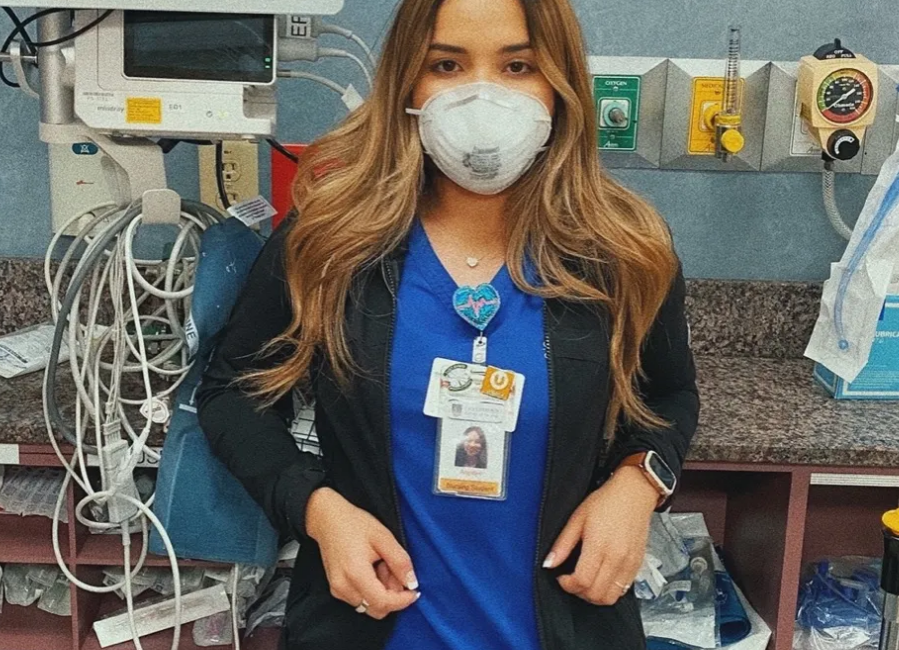 Building confidence in clinical skills begins with a solid foundation in essential knowledge. Without this core understanding, it is challenging to apply anything practically.
Building confidence in clinical skills begins with a solid foundation in essential knowledge. Without this core understanding, it is challenging to apply anything practically.
Firstly, Study Thoroughly: Grab your textbooks on anatomy, physiology, and pathology. You need to deeply understand how the body works, what can go wrong, and why. This isn’t about raw memorization; it is connecting between theory and practice. Your confidence will grow as your understanding deepens.
Secondly, Review Guidelines and Protocols: Every healthcare field has its protocols and guidelines. Ensure you are aware of and know how to look for the resources when needed. Whether it’s handling emergencies or performing a routine check-up, knowing these inside out helps you react instinctively. Make yourself familiarize with reviewing these guidelines regularly. Familiarity with standard protocols means fewer surprises and more confidence in clinical settings wherever you work.
Gaining Proficiency Through Practice either through Simulations or Practice with Peers

Firstly, Simulations: Allow yourself dive into clinical skills labs or simulations. These environments allow you to practice, make mistakes, and learn without any real-world consequences. We learn from making mistakes, mistakes are tools for growth, so don’t shy away from them here.
Secondly, Practice with Peers: Bring a classmate or colleague, and practice together. Different perspectives can open new insights and techniques. It’s also a great way to build confident and share learning experiences. Getting constructive feedback from someone in the same level can be incredibly effective.
Feedback and Real-World Exposure – It really works well for me and other beginners.
Mentorship: Find a mentor or supervisor. Their experience can provide invaluable insights and constructive feedback that books and simulations just can’t offer. Ask questions, seek advice, and absorb what they share.
Self-Assessment: Take a step back after a clinical experience and evaluate your own performance. Note what went well and what could improve. Reflecting helps internalize lessons and build confidence.
Gradual Exposure: Expose yourself with less complex procedures to build your skill set first and as you become more comfortable, tackle more advanced tasks. Feeling steady with simpler procedures will boost your confidence when you face trickier challenges.
Clinical Rotations and Shadowing: Immerse yourself in hands-on clinical rotations or internships. These real-world experiences are irreplaceable. Observing senior practitioners during shadowing sessions offers a great experience into handling various situations when you go on.
Continuous Improvement and Wellbeing – Last but not least
Stay Updated: Medicine is evolving everyday. Keep yourself informed about the latest research, techniques, and advancements. Subscribing to medical journals and joining professional networks can help you stay current.
Continuing Education: Don’t hesitate to attend workshops, seminars, and additional courses. These are excellent opportunities to refine your skills and learn new ones. Your development should continue once you enter professional practice.
Resilience: Mistakes happen—they’re a critical part of learning. Instead of feeling down- analyze what went wrong and what you can do better next time and maybe initiate a way or solution to prevent them from happening. Cultivating resilience helps you bounce back stronger.
Communication Skills: Effective communication with patients and colleagues is key. Developing this skill can make handling clinical situations smoother and more confident. Empathy and clarity can significantly enhance patient trust and team collaboration.
Self-Care: Balancing your professional and personal life is crucial to prevent burnout. Make time for your hobbies, exercise, and relaxation. Be comfortable to seek support from peers, mentors, or professional counselors when needed. Keeping yourself well-maintained will reflect in your clinical performance.
